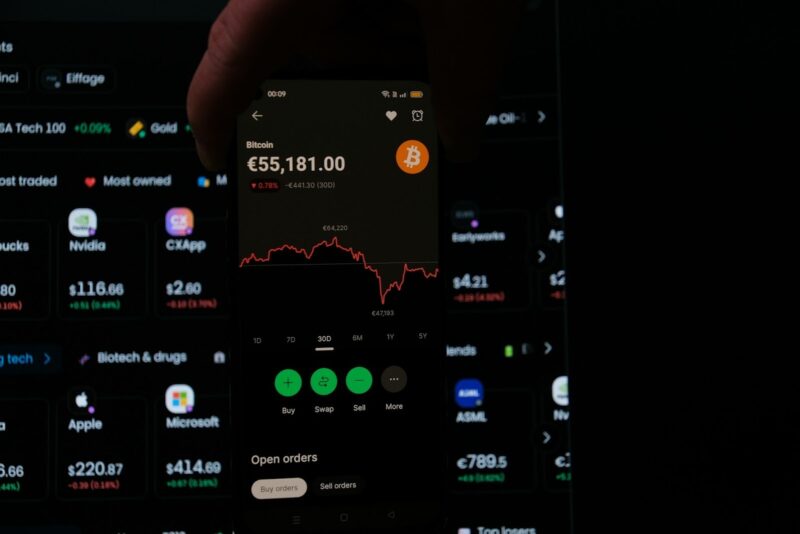Table of Contents
ToggleInfluencer marketing has become an integral part of any effective marketing strategy in the cryptocurrency space. Using influencer marketing helps build trust and provides credibility. However, there are several best practices and pitfalls to keep in mind when pursuing influencer marketing campaigns in the cryptocurrency industry.
Choosing the Right Influencers
Not all influencers are created equal. When selecting finfluencers to promote your cryptocurrency or crypto brand, you need to carefully vet them to ensure they are legitimate experts with an engaged audience interested in crypto and blockchain. Look for influencers like Andreas Antonopoulos or Michael Sayer who are respected thought leaders in the space versus celebrities just out to make a quick buck on crypto endorsements. Make sure to evaluate engagement levels, audience demographics and past partnership examples.
If you’re also exploring ways to diversify your content strategy, consider how you can easily create AI picture generator from text to design custom graphics for your campaigns. This approach can enhance visual appeal and strengthen your brand identity.
Establishing Clear Campaign Expectations
Once you’ve selected your influencers, you need to establish very clear expectations about campaign deliverables, disclosure rules and usage rights. Many crypto projects have landed in hot water over influencer promotions that violated laws or platform policies by not properly disclosing paid endorsements. Kim Kardashian got into trouble with the Securities and Exchange Commission in the US after promoting Ethereum Max on her Instagram. She was paid $250k for a sponsored post but forgot to mark it as such. Kim K later agreed on a $1.26m settlement to close the matter. Small change to her, but for anyone else, it would have been a very painful lesson on the risks of promoting crypto on social media.

Always be crystal clear about FTC disclosure requirements. Also, specify if/how the influencer can reuse campaign content. Capture everything clearly in a contractual agreement.
Working with a crypto marketing agency can help prevent issues like this, as they understand the rules and regulations within the crypto space.
Avoiding Influencer Scams
The cryptocurrency space unfortunately attracts its fair share of scammers, and that includes fraudulent influencers. Use due diligence to validate an influencer’s true reach and engagement. Require them to provide past campaign metrics. Be wary of fake follower counts and engagement. And never send payment upfront before the campaign deliverables are complete.
Providing Value to Followers
The most effective influencer campaigns focus on providing real value to the influencer’s audience – not just hype about earning crypto riches. Offer useful education on your project, honest commentary about the pros and cons, comparisons to competitors, etc. Don’t just expect influencers to shill your tokens. Followers want objective information to help inform their own investment decisions.
Measuring Campaign Success
It’s critical that you implement tracking links, promo codes and other tools to measure the true ROI from your influencer campaigns.

Track traffic, conversions, affiliate sign-ups and other metrics to determine the incremental value driven by the influencers. This will help assess effectiveness and inform future influencer marketing optimization.
Influencer marketing can deliver tremendous value in the cryptocurrency space if it is executed properly. Avoid common mistakes by vetting influencers thoroughly, establishing clear expectations, providing follower value versus pure hype, and tracking ROI diligently. This will lead to long-term partnerships and maximized marketing results.





